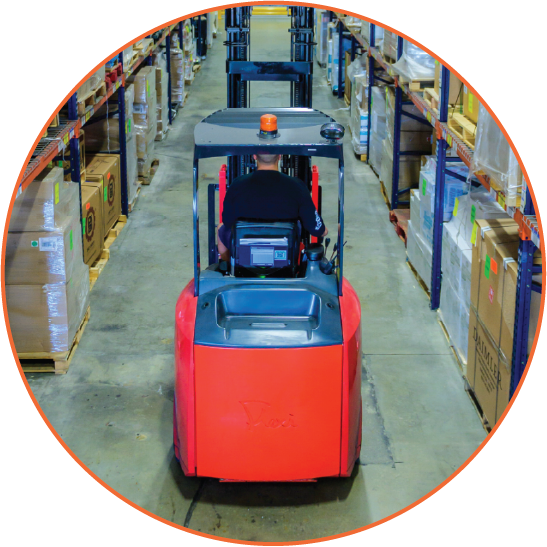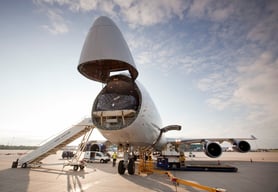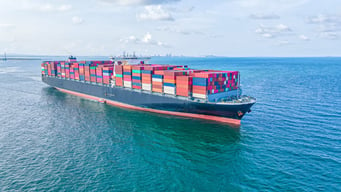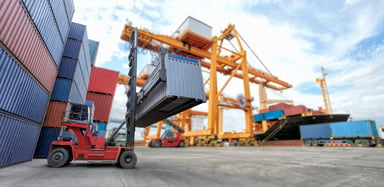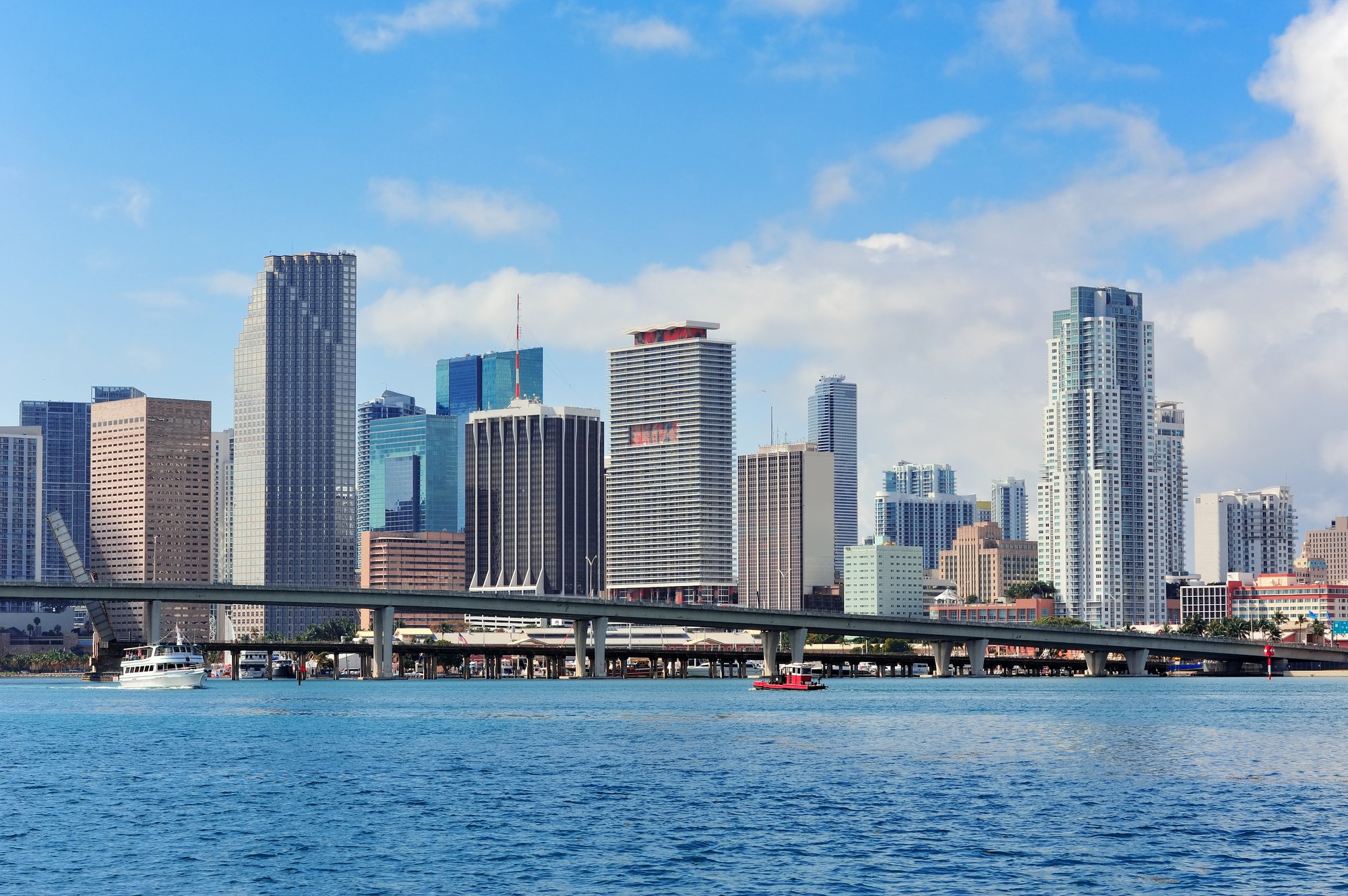Duty Deferral, Re-Export & In-Bond Advantages
Operating within an FTZ means duties are deferred until cargo enters U.S. commerce—or never paid if re-exported. This structure provides flexibility to manage in-bond shipments, consolidate goods from Asia or Europe, and dispatch directly to LATAM without double taxation.
Re-export and transshipment operations are managed with strict compliance to U.S. CBP regulations, minimizing administrative friction and accelerating turnaround times.
Frequency & Connectivity to Caribbean and LATAM
Few logistics hubs match Miami’s reach. Daily air departures connect to more than 100 cities across the region, while ocean carriers operate multiple weekly services through PortMiami and Port Everglades. The result is constant rotation, short dwell times and reliable cut-offs that allow exporters to plan without uncertainty.
